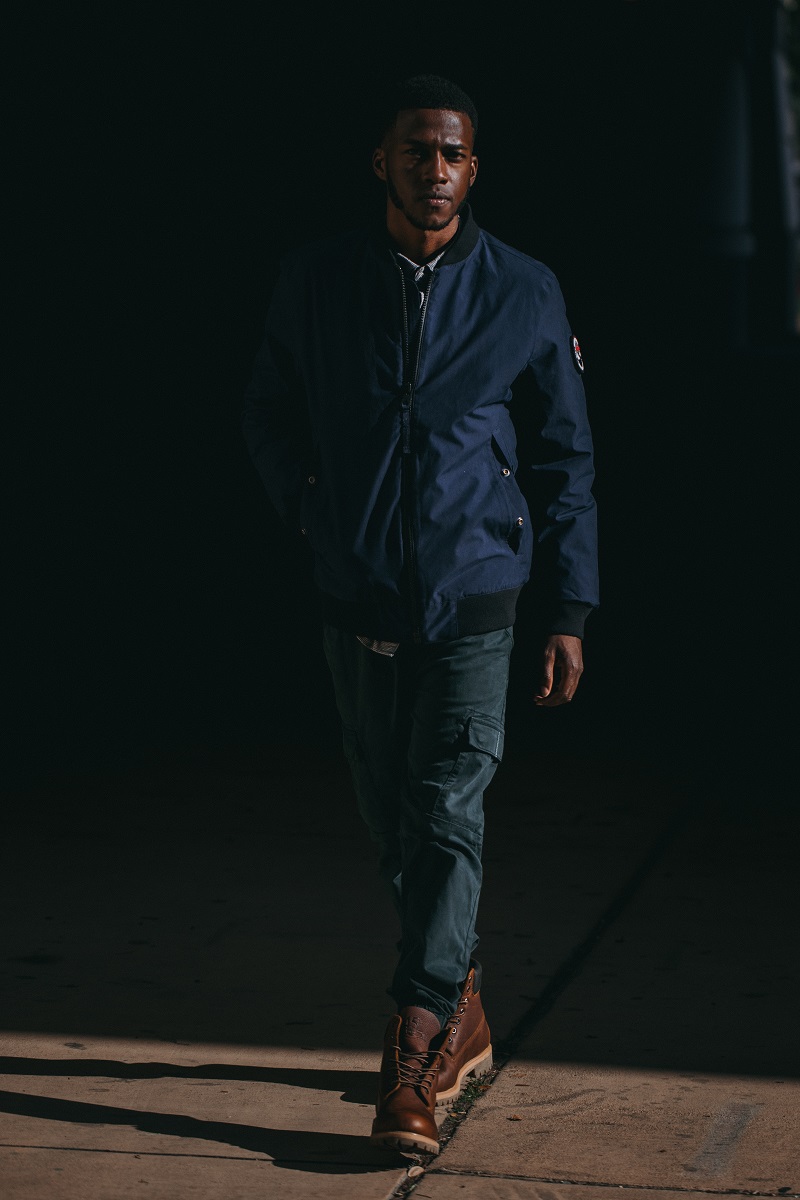It’s difficult not to feel stressed and depressed when we reflect on the state of our world. Our political world is in disarray and extreme climate is seen throughout the country. Fires continue to burn throughout California. Here in Willits where I live we breathe the smoke every day from The Ranch Fire near Ukiah which has chewed up 351,557 acres, making it the largest wildfire in modern California history. The River Fire north of Hopland has burned more than 48,920 acres. Many are referring to the pair of infernos as the Mendocino Complex Fire.
What’s going on here and what does it have to do with The Gift of Maleness, the title of my next book? For one, the fires remind me of how vulnerable we all are and the great gift of knowing that there are firefighters, mostly young men, who are putting their lives on the line to protect our homes and families. It seems that we rarely honor the gifts that men bring, except when there is a crisis when we ask them to put their lives on the line in their role to protect and serve.
Since 5 of the 10 largest wildfires in California history have occurred in the past five years, many experts believe the more extreme nature of today’s wildfires is a result of environmental conditions. It’s difficult to deny the fact that climate change is putting us all at risk and human behavior is clearly a significant cause. We are becoming increasingly disconnected from the natural world, from ourselves, and each other.
In his book Lost Connections: Uncovering the Real Causes of Depression and the Unexpected Solutions, award-winning journalist Johann Hari makes a convincing argument and that much of anxiety and depression we suffer throughout the world is the result of our lost connections with ourselves, each other, and the small, beautiful, planet we all share.
One of the manifestations of this disconnection is that men have lost touch with our own goodness. We have come to see our maleness as something negative and destructive, rather than positive and life-enhancing. My wife, Carlin, challenged me to write a book about the goodness of males so that we could remove the negative bias about men that fuels the battle of the sexes today.
Previously, I wrote about our 1-billion-year heritage as males and our 300-million-year-old linage that goes back to the time when reptiles first emerged. I introduced you to Earl, our reptile ancestor with his life-giving focus on feeding, fighting, and fornicating. Males often get a bad rap for these preoccupations, but let’s face it, we’ve all got to eat and sometimes we have to fight to survive and without sex…well, we wouldn’t be here at all. It’s probably why sex is so pleasurable.
Today I’d like to introduce you to Deinos, a fearfully great male and remind you of the contribution of the group to which Deinos belonged, the dinosaurs. These varied, interesting, and misunderstood creatures evolved 235 million years ago and graced our planet for 170 million years.
Our Hollywood view of dinosaurs suggests that they were cold-blooded killers, ferocious killers who gobbled up everything in sight. Many think the word “dinosaur” means “terrible-lizard.” The word was actually coined in 1842 by paleontologist Richard Owen. The Greek word deinos when used as a superlative, means “fearfully-great,” as used by Homer in The Illiad. This reminds us that the male energy of aggression does not have to be negative. It can be used to serve and protect and can be a force for good in the world.
Dinosaurs varied in size from small to very large. The smallest yet discovered are Compsognathus, a two feet long meat-eater from 145 million years ago. It was the size of a chicken and weighed about 6.5 pounds and Saltopus, a two feet long insect-eater from about 200 million years ago. The largest was the massive Argentinosaurus huinculensis, who was a 130-foot-long herbivore weighing 100 tons.
At first, dinosaurs were believed to have been ectotherms (cold-blooded). It was thought that they were slow, sluggish animals, only able to live in the high temperatures of the Mesozoic Era. Now the evidence suggests that many, if not all, dinosaurs were warm-blooded. The more we know about dinosaurs we see how different they are from the stereotypes.
When we thought of them as “cold-blooded,” we also thought of them as typical reptiles who paid little attention to their offspring. Most reptiles, such as lizards and turtles, abandon their eggs after laying. But, it appears a number of dinosaurs may have cared for their young. Fossilized remains of a group of Philydrosauras has suggested the group was living as part of a family when they died.
All kids seem to like dinosaurs, particularly boys. A paleontologist was asked why boys are particularly drawn to dinosaurs. “It’s simple,” he said. “They’re big, they’re mean, and they’re dead.” With what we know about males, beyond the stereotypes about them. We might suggest that boys may be drawn to dinosaurs because they are big and small, fierce and loving, independent and family oriented. Like all males they can be angry and fearsome at times, but also great.
I’d like to think that all males have a little Deinos in us. Getting in touch with our Deinos energy allows us to fight the good fight and roar with delight. And yes, we can also be pretty ferocious at times.
This article first appeared on Jed’s blog.
Photo by Kal Loftus on Unsplash




